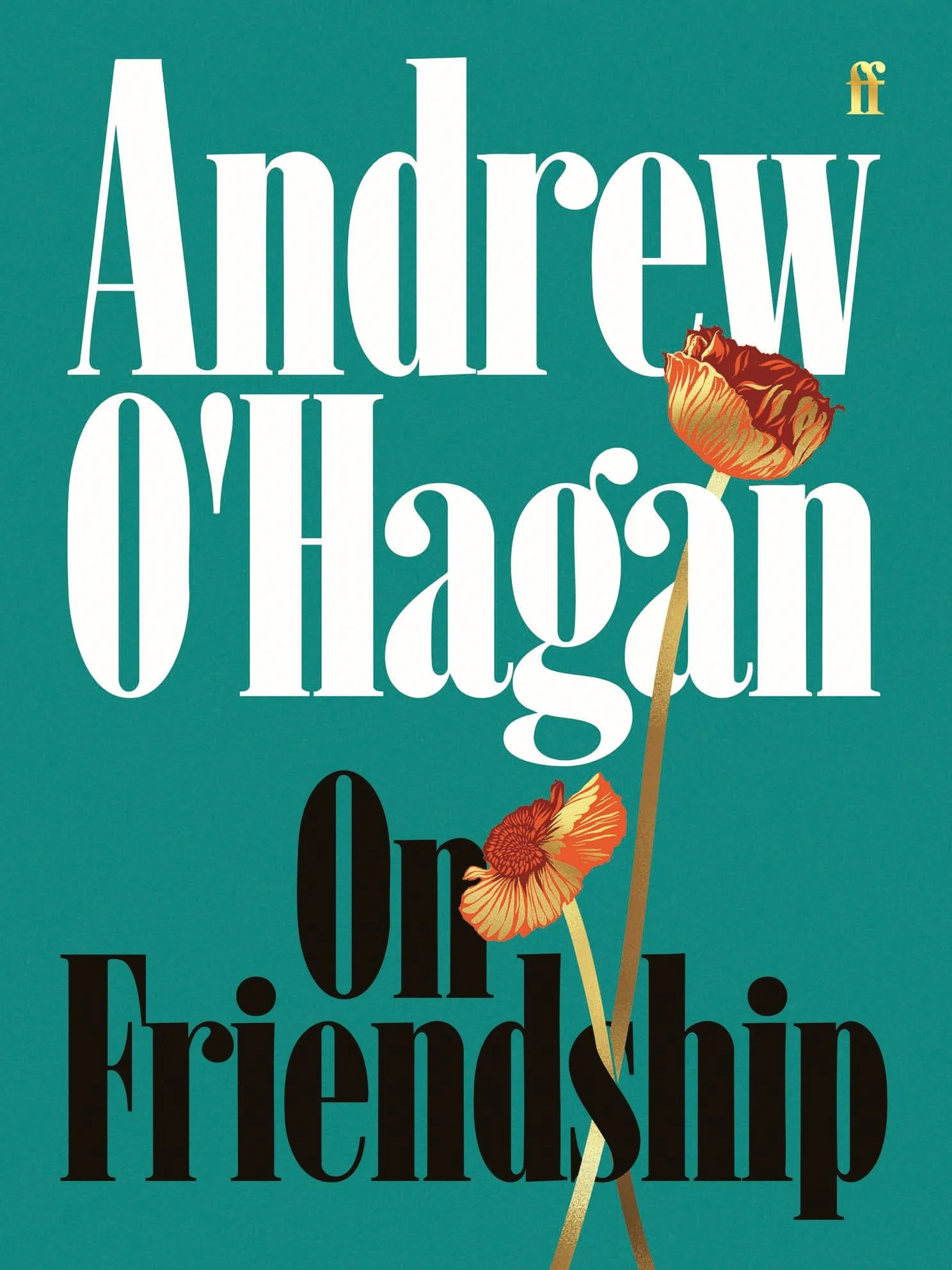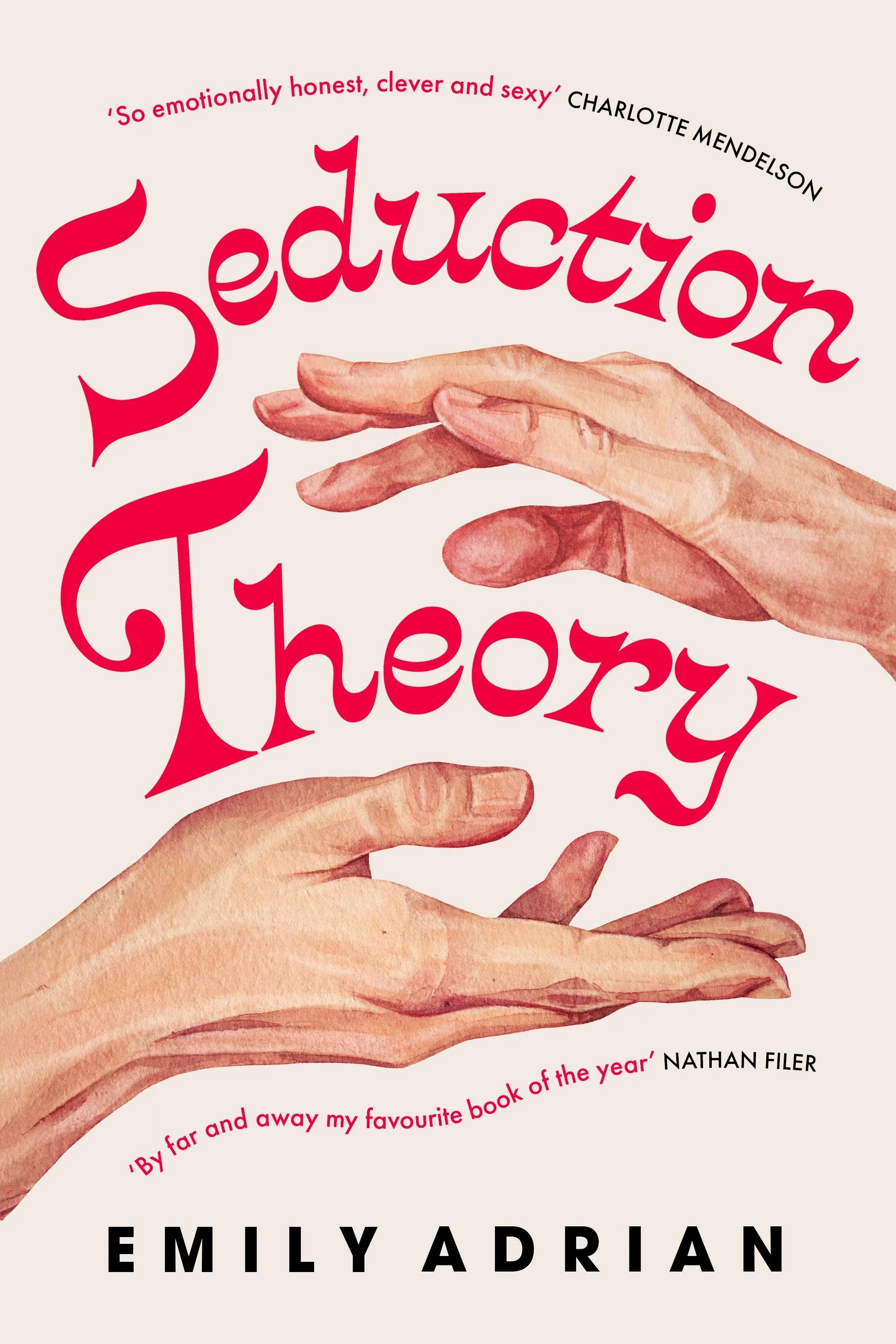When I interviewed Andrew O’Hagan ten years ago about his Booker longlisted novel The Illuminations, the most striking thing that he said was:
Friendship is more important than almost anything. I always thought it was a sort ofdeliverance, having a good friend, that they would bring a generosity and an unprejudiced eye to your ambition, your hopes and your thoughts in a way that family can’t always do. I mean what is family but a lovable collection of prejudices, some in your favour and some not?
Although I agreed with him, I was intrigued that someone who was both a parent and a sibling would feel this way.





